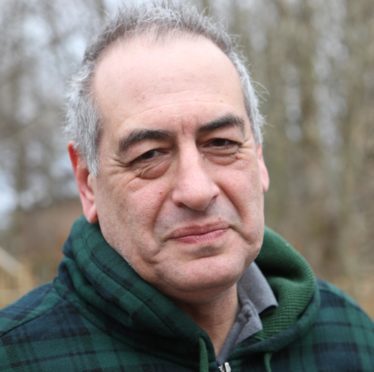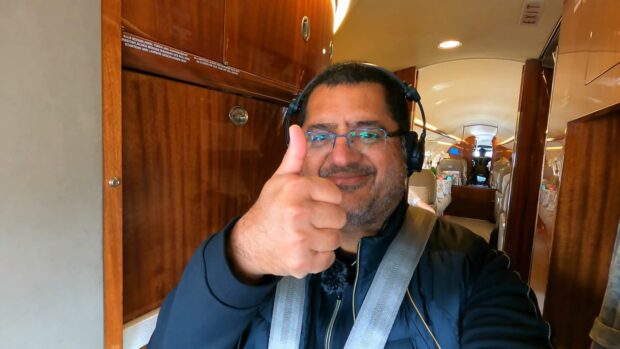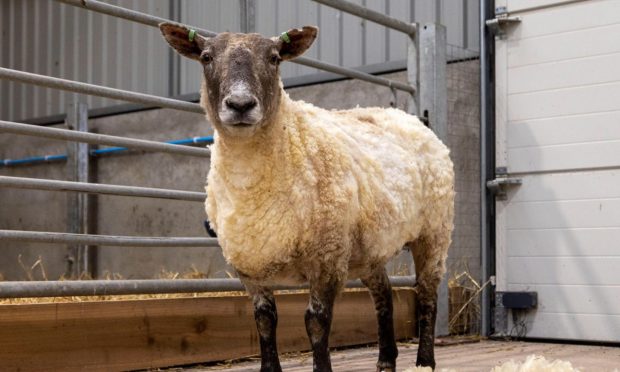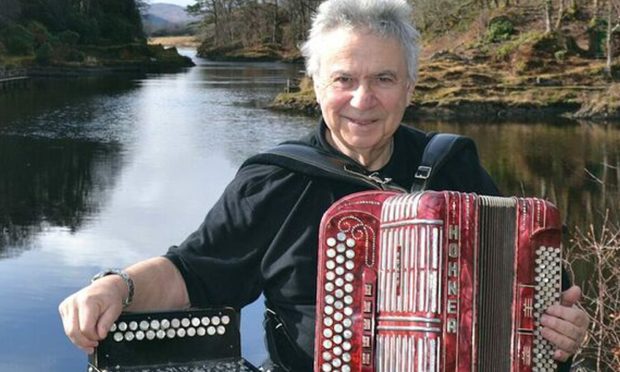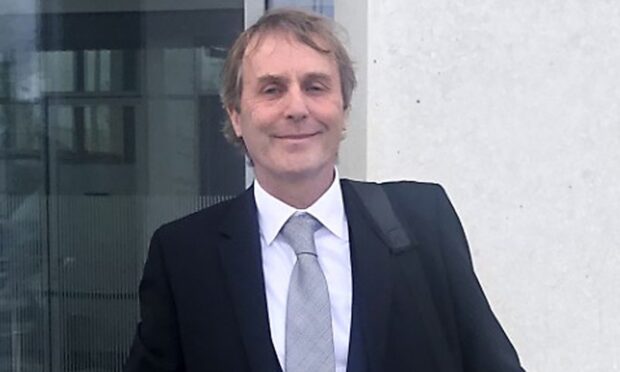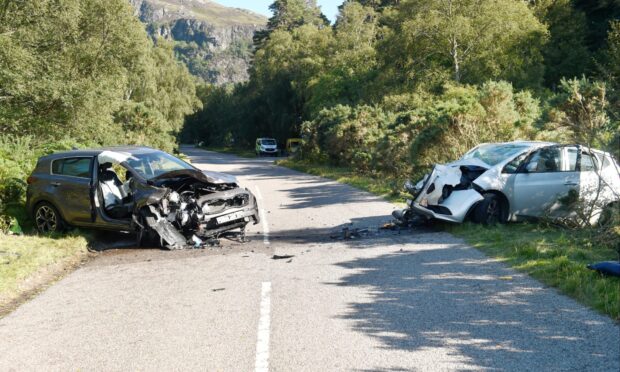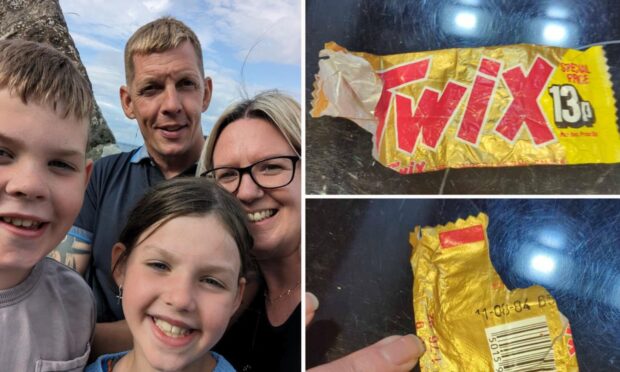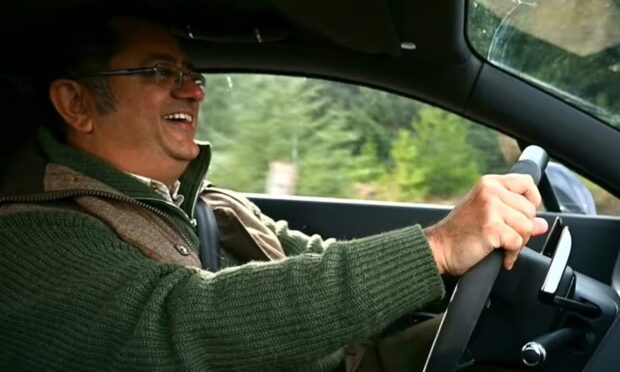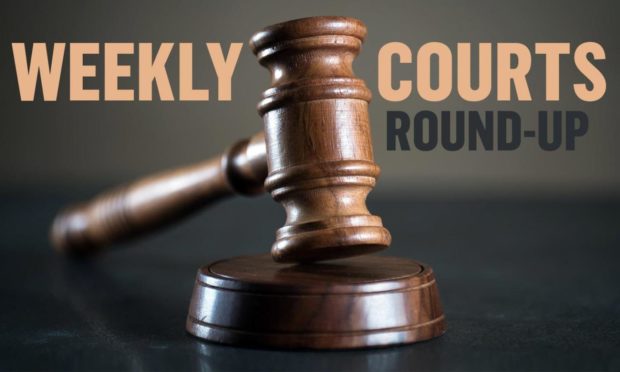An exiled Russian scientist has won a court battle to remain in Scotland after he claimed he would be murdered if he is returned to his homeland.
Alexander Shapovalov, 57, fled to the Highlands in 2015 after being convicted of fraud in Russia. He was fined £13,000 and sentenced to ten years in jail in his absence.
Mr Shapovalov now lives in Ballachulish House, Lochaber, with his partner and two children.
The former director general with the Scientific Centre of Applied Chemistry in St Petersburg, which has links with the military, fought an attempt by the Russian government to extradite him.
He sought political asylum as he believes president Vladimir Putin wants him dead.
Following a hearing at Edinburgh Sheriff Court, Sheriff Nigel Ross has refused to grant the extradition request to return Mr Shapovalov to serve his jail term and face further fraud charges.
The sheriff said extraditing him would be in breach of his human rights and found that Russia had abused the court process as the fraud charges were unfounded.
In a scathing judgement, Sheriff Ross said Mr Shapovalov would face an unfair prosecution, possible torture and inhuman conditions in the Russian prison system.
He said: “I accept the evidence led on behalf of Dr Shapovalov as credible and reliable.
“The evidence for the Russian Federation was poor quality, inadequate and misdirected, and I reject it as any reliable source of information.
“The evidence is clear and uncontradicted that Dr Shapovalov will not receive a fair trial on the accusation matter, and did not receive a fair trial on the conviction matter.”
Russia applied for extradition and the Crown Office was obliged to start civil action under proceeds of crime legislation.
Sheriff Ross criticised the Russian government for refusing to co-operate with the case in the wake of the Salisbury poisoning incident.
The court was told that Mr Shapovalov took up his former position in 2009 but found the institute, which employs 25,000 engineers and scientists, to be in “very bad shape”.
He told the court that he found out that an assistant director was using the centre’s money to buy properties, adding: “When I found this out, I said ‘this is unacceptable’. He decided to bankrupt our institution and I started criminal proceedings.”
Mr Shapovalov claimed that he was threatened by figures with links to President Putin. He was arrested and held at a police station for 36 hours and was told that he would be charged with a serious offence.
Asked what would happen if he was returned to Russia, he replied: “I would be killed.”
